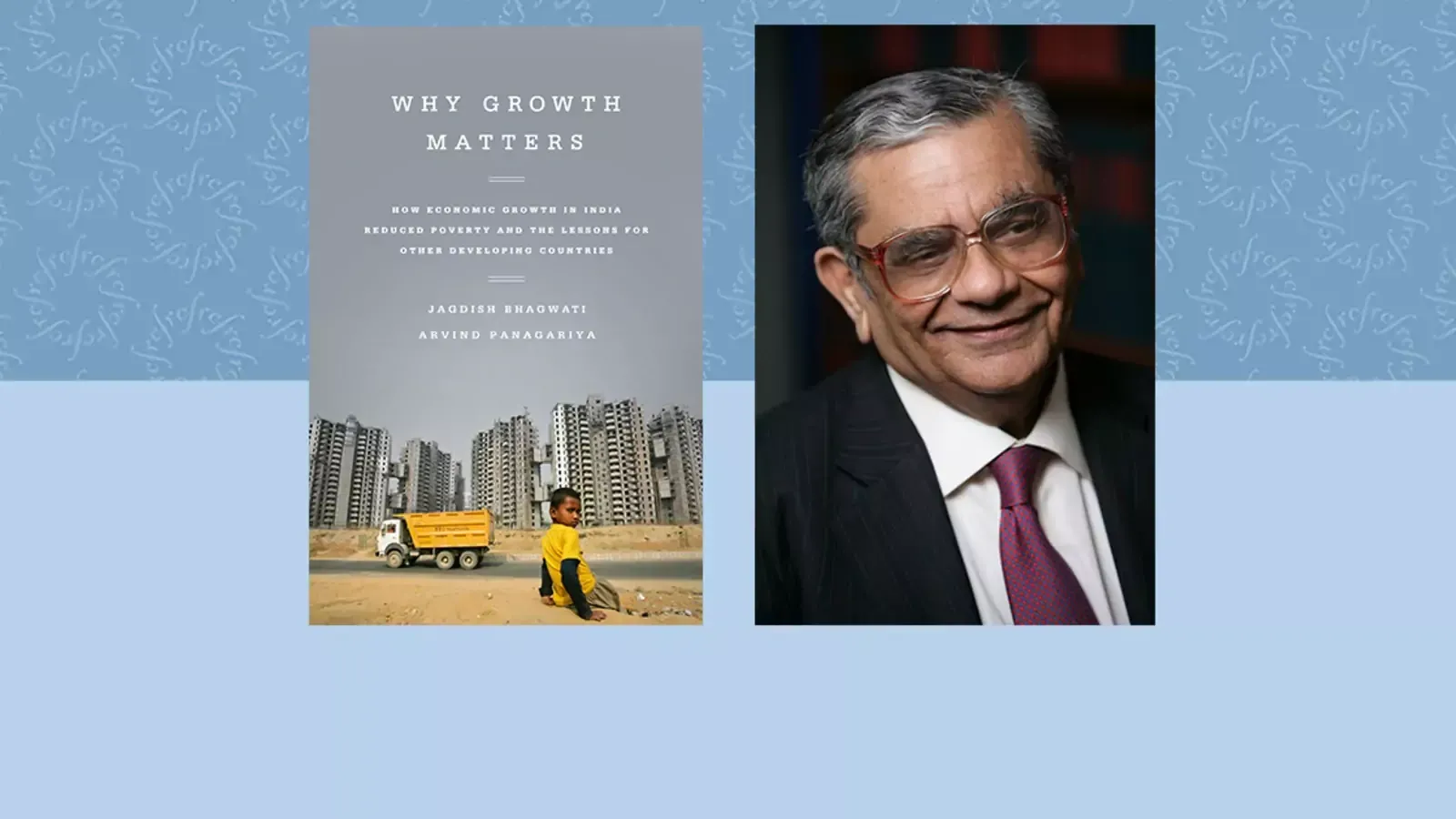Why Growth Matters

Introduction
In this book, CFR Senior Fellow Jagdish N. Bhagwati and coauthor Arvind Panagriya argue that despite myriad development strategies, only one can succeed in alleviating poverty in India: the overall growth of the country’s economy. Teaching notes by Professor Bhagwati.
Summary
In the 1950s, economists viewed China and India as certainties to pioneer development strategies that would be role models for the world. In reality, the state-controlled Chinese economy is hard to replicate anywhere else. The reverse is true of India. Since Independence in 1947, India has experimented with a wide diversity of economic strategies – from Jawaharlal Nehru's pragmatism to Indira Gandhi's rigid state socialism to the brisk of liberalization of the 1990s – within a democratic system. India is, therefore, a data-rich economic story from which it is now possible to address the central moral challenge facing the world today: what strategy will lift the greatest number of people out of extreme poverty?
Jagdish Bhagwati and Arvind Panagariya are two leading economists and development experts. Based at Columbia University in New York, they have a program dedicated to the study of the world's most fascinating, and often seemingly contradictory, economic entity – the twenty-eight states and seven union territories spanning more than two thousand miles north to south, that together make up the vastness of India. Eight of the states have populations exceeding that of the United Kingdom. In Why Growth Matters, Bhagwati and Panagariya argue forcefully that only one strategy will help the poor to any significant degree: economic growth, led by markets, overseen—and encouraged—by liberal state policies. Their radical message has huge consequences for economists, development NGOs, and anti-poverty campaigners worldwide. There are vital lessons here not only for South and Southeast Asia but also for Africa, Eastern Europe, and anyone who cares that the effort to eradicate poverty requires more than just good intentions. If you want it to work, you need growth, with all that it implies.
Discussion and Essay Questions
- In what ways can growth help to reduce poverty? Why have some economists on the left opposed a growth strategy for accelerating development?
- Is reduction of poverty a better ethical objective, as Pope Francis stresses, than targeting the rich (e.g., the 1%)?
- What policies will promote growth (e.g., opening the economy to trade; facilitating inflow of equity investment)?
- What is the Gini coefficient? Is its widespread use to infer what is happening to inequality in a country sensible?
- Does social spending on the poor, say on education, require that the spending be done through public sector expansion (e.g. of public-sector schools) rather than through financial support for private schools?